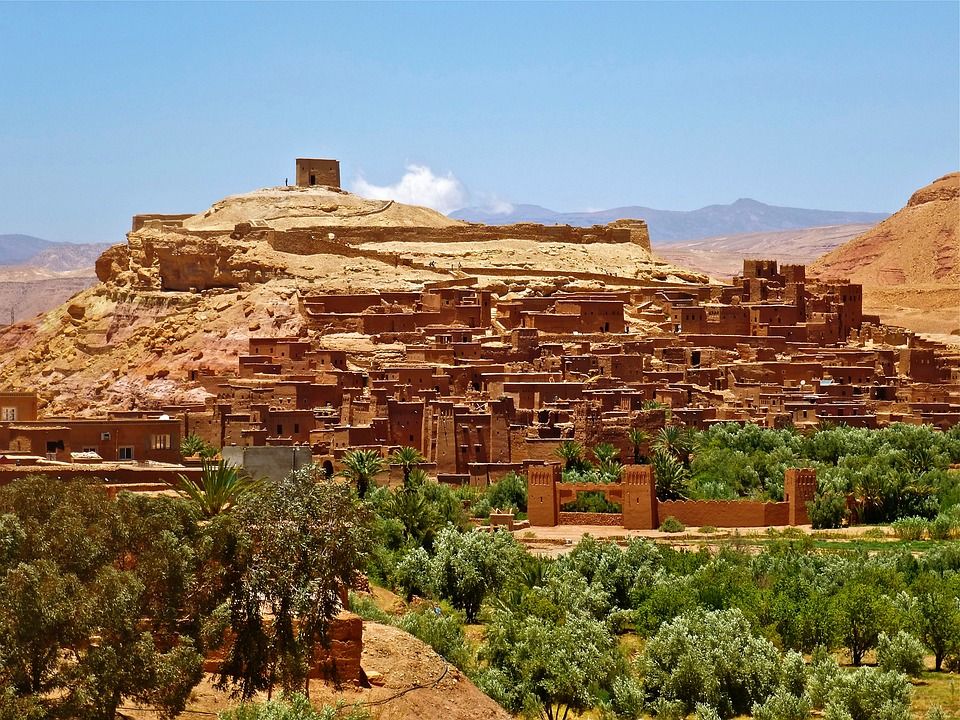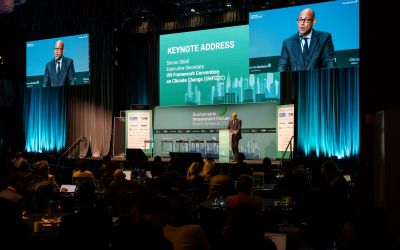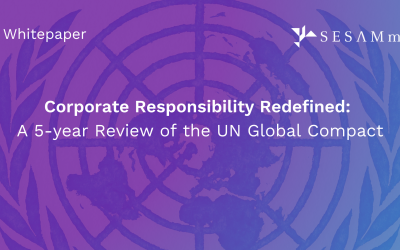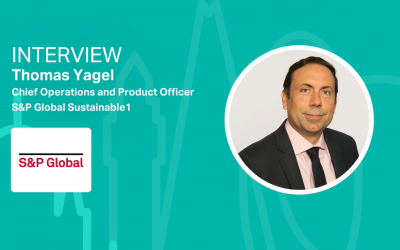Morocco to invest €200 million in solar projects to serve agricultural growth
Morocco is getting ready to launch a €200 million programme to spark investment in solar power projects in the agricultural sector by 2021.

Morocco is getting ready to launch a €200 million programme to spark investment in solar power projects in the agricultural sector by 2021.
The programme will launch under the guidance of the Ministry of Energy, Mining and Sustainable Development (Ministère de l’Energie, des Mines et du Développement Durable) and is set to promote the use of solar energy to power water pumps for irrigation in order to help farmers reduce their energy costs and use less butane gas in farming operations.
‘Agrovoltaic’ is a new concept, which puts energy models for agriculture in the energy transition context.
As energy constitutes one of the main operational costs of farming, solar power provides costs reduction, as well as flexibility.
The plan is to expand agricultural water access to more than 100,000 hectares of new land by 2021 and significantly increase agricultural output.
Due to the mobility and independency that solar power can provide, the idea of ‘dynamic’ agrovoltaic solutions is said to guarantee optimisation of agricultural production and profits.
Thus, the Moroccan Government will subsidise solar pumping solutions to encourage local initiatives and to enable larger farms to become more self-sufficient.
The programme is also part of Morocco’s ambitious plan to source 42 percent of its power needs from renewable energies by 2020, and 52 percent by 2030 not only to reduce fossil fuels consumption and mitigate emissions, but also for energy security reasons.
Earlier on September, the Ministry launched the works of the Steering Committee of the Joint Statement on Sustainable Electricity Trade with the European Union, « Roadmap for Sustainable Electricity Trade between Morocco and the European Internal Energy Market ».
Key partners of the initiative are the World Bank, the Union for the Mediterranean and the European Commission, and the European countries that are involved are France, Spain, Germany and Portugal.
This is one of the endeavours of North-African countries, which aim to harness their solar potential to open new intercontinental energy corridors, like for example the 4.5GW TuNur project in Tunisia.
The case for renewables in Morocco is very promising, given high solar irradiation and rising electricity demand.
The country is considered one of the sunniest countries in the world, with around 3000 hours of sunshine per year.





